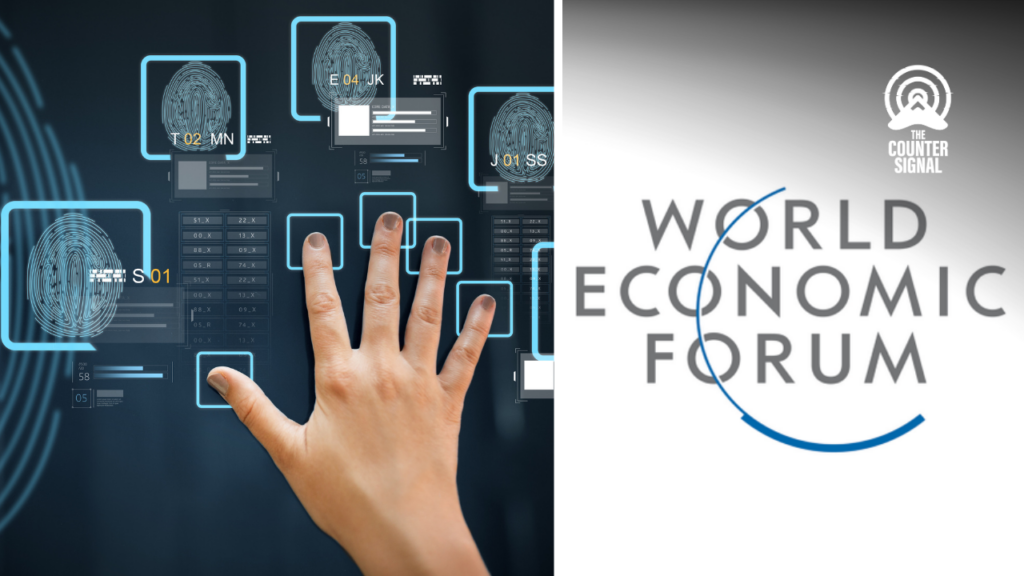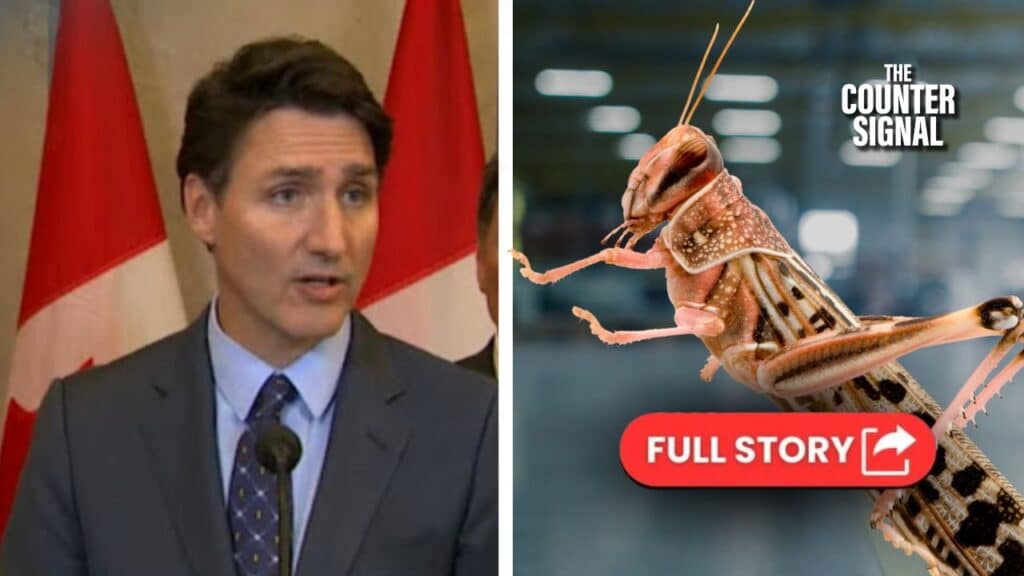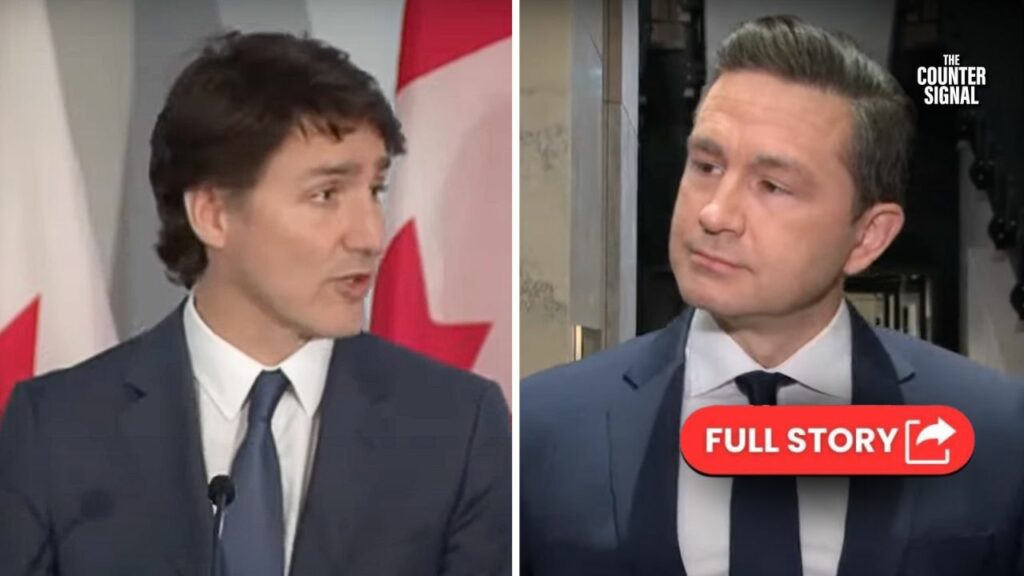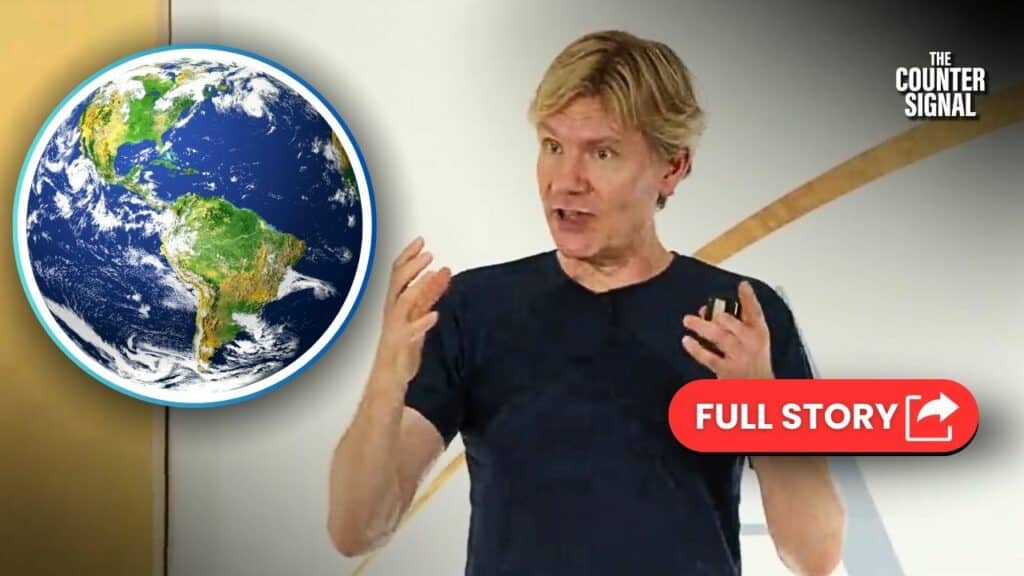The World Economic Forum (WEF) is patting itself on the back for its role in moving more countries away from cash in the name of “digital inclusion.”

An update from the unelected organization states that its “global initiative” launched last year has grown from three partner countries to six.
“The EDISON Alliance, a global initiative launched by the World Economic Forum to advance digital inclusion and accessibility, announced today the integration of Honduras, Togo and the United Arab Emirates as partners in its Lighthouse Countries Network,” the WEF stated on Monday.
The three countries now join Bahrain, Bangladesh, and Rwanda in the WEF’s digital project.
“Our founding Lighthouse Countries, such as Rwanda, are utilizing EDISON’s partners to move toward a cashless society,” said the WEF’s head of the Fourth Industrial Revolution, Sebastian Buckup.
Small businesses in the partner countries are being encouraged to move away from cash and instead become dependent on loans, digital payment solutions, and “micro-credit opportunities” from Mastercard.
The WEF further said the cashless initiative is particularly beneficial for poor countries where millions of citizens lack internet access.
Klaus Schwab’s WEF is currently holding its Sustainable Development Impact Meetings in New York City, which are held in parallel with the UN General Assembly.
Prime Minister Justin Trudeau will depart for New York on Tuesday to attend the closing session of the Sustainable Development Global Summit.
WEF-led Charter
Earlier this year, Conservative MP Leslyn Lewis revealed that the Trudeau Liberals signed into a WEF Charter that surrenders health and environmental authority to Davos.
Lewis filed an inquiry to the Trudeau government in October 2022 and received responses in January.
In Lewis’ inquiry, she asked several questions related to the Canadian government’s involvement in the Agile Nations network — led by the WEF — that took place earlier in 2020.
The responses provided by Liberal MP Greg Fergus to Lewis indicate the Liberals are knee-deep into handing over sovereignty to the WEF.
The word “digital” is seen 49 times in the document provided by Fergus to Lewis. Fergus said this globalist agreement would leverage a digital ID and “credentials” to facilitate whatever regulatory measures are established.
And in 2021, Canada partnered with the WEF on a $105 million project to develop a Known Traveler Digital ID.











